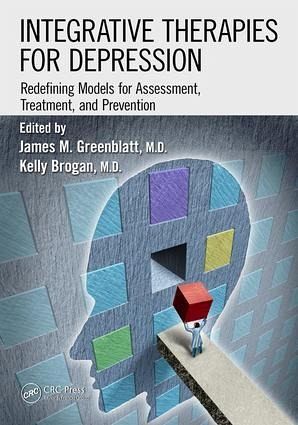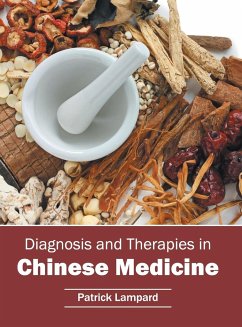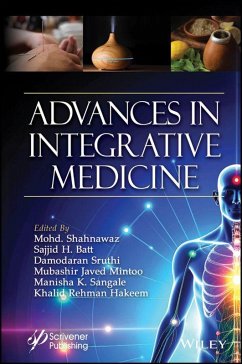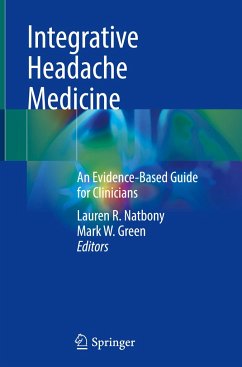
Integrative Therapies for Depression
Redefining Models for Assessment, Treatment and Prevention
Herausgeber: Greenblatt, James M.; Brogan, Kelly
Versandkostenfrei!
Versandfertig in 1-2 Wochen
116,99 €
inkl. MwSt.

PAYBACK Punkte
58 °P sammeln!
Supported by the review of nearly 3000 scientific studies, the book describes the concepts of inflammation, genetics, hormonal imbalance, gastrointestinal conditions, environmental stress, and nutritional deficiencies and their possible link to the pathogenesis of mood disorders. It also examines findings on various nonpharmaceutical therapies used to treat mood disorders including vitamins, botanicals, and other natural products as well as exercise, stress reduction, bright light, mind-body practices, and spiritual approaches. The book fills a significant gap in the conventional model of ther...
Supported by the review of nearly 3000 scientific studies, the book describes the concepts of inflammation, genetics, hormonal imbalance, gastrointestinal conditions, environmental stress, and nutritional deficiencies and their possible link to the pathogenesis of mood disorders. It also examines findings on various nonpharmaceutical therapies used to treat mood disorders including vitamins, botanicals, and other natural products as well as exercise, stress reduction, bright light, mind-body practices, and spiritual approaches. The book fills a significant gap in the conventional model of therapeutics for mood disorders. It is a valuable resource for psychiatrists, psychologists, family therapists, and all other clinicians who devote their days to caring for those afflicted with depression.












